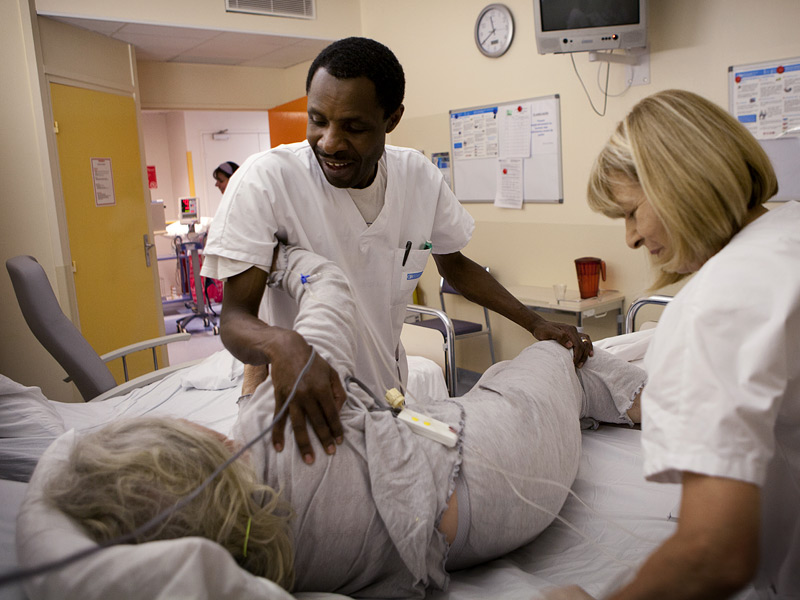The Dangerous—and Sometimes Deadly— Practice of False Charting
The Less Visible Side of Elder Abuse
Medical charting—the regular logging of a patient’s condition and treatment—is a fundamental element of resident care in nursing homes. Accurate patient records not only are essential guidelines for the proper long-term care of elderly nursing home patients, but they also are required by law. In a field where even small inaccuracies can be problematic, the practice of falsifying medical records would seem incomprehensible; nevertheless, this shocking phenomenon occurs in nursing homes more often than people think.
Intentional forging of medical documents in nursing home facilities is a lesser known type of elder abuse. From fabricated data dashed off by over-busy nurses to forged charting intended to cover up mistakes, the practice of creating fraudulent patient records does happen, and its effects can be devastating. False charting can serve to conceal serious medical conditions as well as the fact that these conditions aren’t being addressed. A cycle of neglect and concealment is thereby created, and it is the vulnerable patients who suffer.
False charting is a common problem in nursing homes.
The Whys Behind False Charting
Many instances of nursing home false charting are the result of understaffed facilities, where overwhelmed nurses engage in rote charting: medical charts are checked off, copied from the previous day, or otherwise filled in without verifying whether or not treatment measures have actually been taken. But fraudulent patient charting is often done with the intent to hide something: evidence of oversights, mistakes, or carelessness that constitute poor patient care and contribute to the illness, the injury, and sometimes even the death, of residents. Some examples and indicators of false charting include:
- Documented medications and treatments that were never actually given to patient
- Modified record entries that drastically amend original events to minimize liability
- Rote Charting
- Phantom caregiver charting, in which staff members not scheduled at the time of care or not affiliated with the patient are recorded as having given medication or treatment
- Backdated or forged documents
- Missing physician orders
- Falsified consent forms to chemically restrain or sedate patients
Taking Nursing Homes to Task
Falsification of medical records is challenging to detect, and cases involving defrauded patients and families need an experienced Philadelphia/PA and NJ nursing home abuse and neglect lawyer who firmly believes facilities should be held accountable. If you suspect your loved one has been abused or neglected by a Philadelphia/PA or NJ nursing home and that the facility has concealed its wrongdoing through false charting, contact nursing home abuse attorney Brian P. Murphy to discover your legal rights and options.







